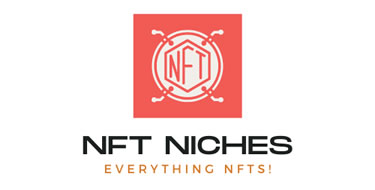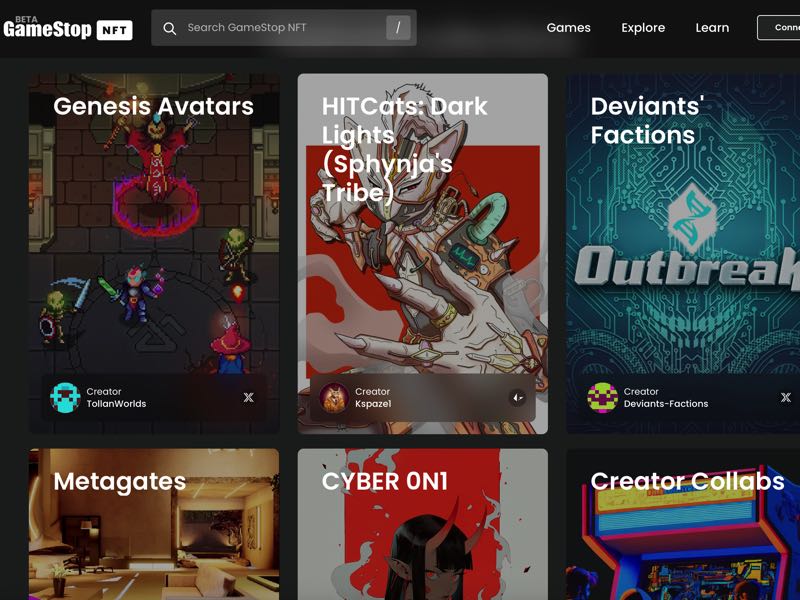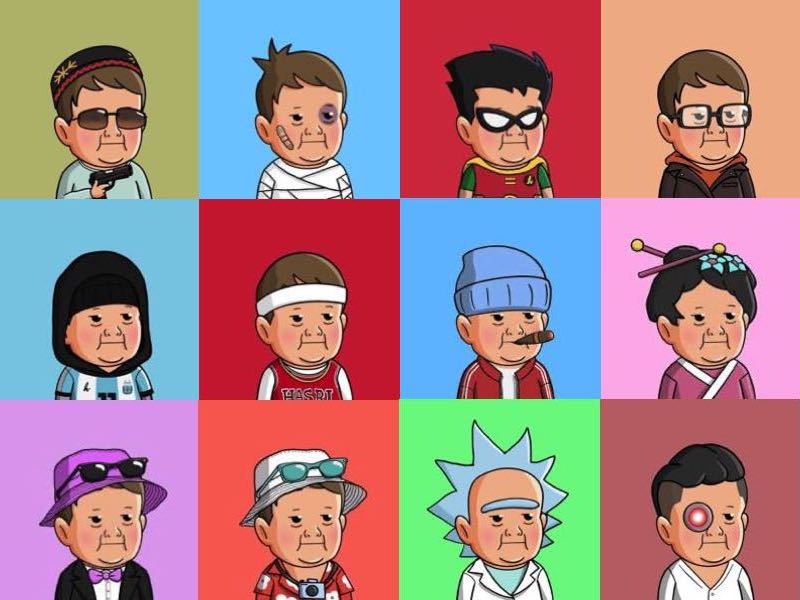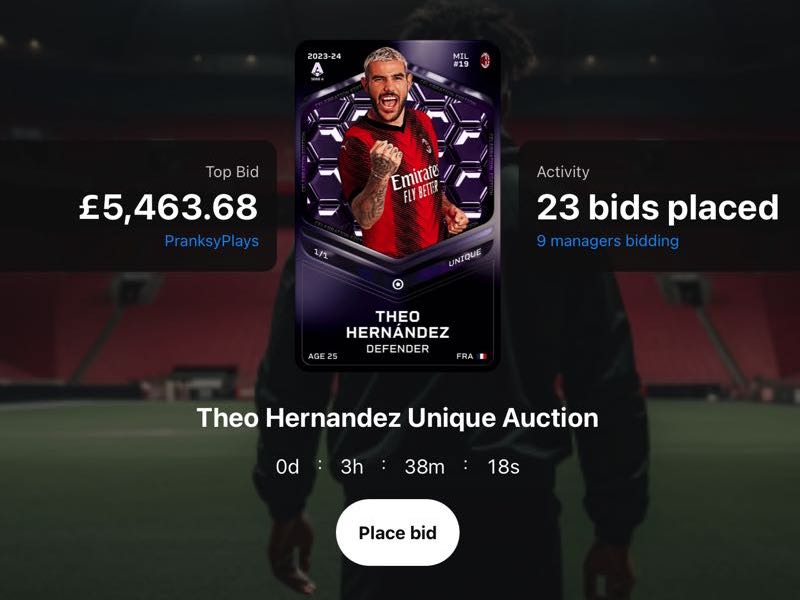For a time, GameStop was mostly known to a select group of nerds and video game aficionados, seen as nothing more than another one of the shops on the high street that was slowly dying. In 2021, however, the company became headline news after it was caught up in the short-stop story that would later be turned into the film, Dumb Money. Now it appears as if the company has decided to close down its NFT wallet, pointing to uncertainty around regulatory challenges as the reason for it doing so, leaving many without a safe home for their NFTs.
GameStop decided to launch its wallet for non-fungible tokens in May of 2022, with the news coming just days after Bitcoin and others had experienced widespread sell-off of their products. That didn’t give GameStop too much cause for concern, however, with the company then launching an NFT marketplace, where users could buy and sell NFTs to each other. The decision to close down the NFT wallet comes after the Securities and Exchange Commission sued both Coinbase and Binance in June on account of a failure to provide protection to customers, amongst other reasons.
What Is GameStop?
 In 1984, former classmates from Havard Business School, James McCurry and Gary M. Kusin founded a software retailer called Babbage’s in the US state of Texas. Having gone public in 1988, the company merged with Software Etc. in order to create NeoStar Retail Group six years later. Struggles followed, allowing Leonard Riggio to purchase the company for $58.5 million in November 1996, dissolving the holding company and creating a new one. Barnes & Noble Booksellers bought this new company in 1999 for $215 million, with another game retailer named Funco following not long after.
In 1984, former classmates from Havard Business School, James McCurry and Gary M. Kusin founded a software retailer called Babbage’s in the US state of Texas. Having gone public in 1988, the company merged with Software Etc. in order to create NeoStar Retail Group six years later. Struggles followed, allowing Leonard Riggio to purchase the company for $58.5 million in November 1996, dissolving the holding company and creating a new one. Barnes & Noble Booksellers bought this new company in 1999 for $215 million, with another game retailer named Funco following not long after.
A video game magazine named Game Informer was also added to the Barnes & Noble stock not long after and in December 2000 the entire thing was renamed GameStop. Numerous takeovers and mergers followed, but the market for physical media declined with the expansion of the internet. Share prices dropped and short-selling by investors followed. What came next was some short squeezes by those that believed that there was value in the stock, encouraged by a Reddit subreddit called wallstreetbets. It saw the price of the stock go soaring, ending up more than 130% up.
GameStop Opened a Digital Wallet
In May 2022, it was announced that GameStop was launching a digital asset wallet in order to allow users to store, send and receive non-fungible tokens and cryptocurrency. The retailer decided to launch the wallet as a precursor to the launch of its own NFT marketplace. Being a self-custodial Ethereum wallet, allowing users to have complete control of their own assets, the wallet was accessible via the likes of web browsers extensions. It was a move into a new era for the company and one that took it into an area that was already well-populated by the likes of Coinbase and Robinhood.
The decision to enter the blockchain world was seen as an odd one, especially considering the fact that there was intense volatility in the NFT marketplace at the time. Sales of non-fungible tokens had dropped by as much as 92% since the previous September at the time of the launch, with cryptocurrency also being extremely volatile. The decision to enter the market regardless probably came about because Ryan Cohen had taken over as the company’s Chairman, having previously suggested that it should become a digitally driven tech company instead of a game-based one.
In spite of the decision to open a digital wallet, GameStop was quick to caution users about the fact that transactions were irreversible. The used their Twitter account to say, “This is a beta launch. Please use responsibly and do not add more funds than you are comfortable with”. By December of 2022, however, there were layoffs at the company that had a heavy impact on the team working on the blockchain, meaning that the writing was on the wall for the end of the use of the wallet further down the line. It wasn’t long before the wallet itself was to be shutdown.
Closing the Wallet

GameStop soon confirmed that it was closing its wallet app for iOS devices as well as the extensions for Chrome browsers. Whilst the company was going to continue to sell NFTs, it would no longer provide people with somewhere safe to store them. The wallet page, as well as sub-sites that were crypto-related, had a notice on it referring to the ‘regulatory uncertainty of the crypto space’ and saying that its wallet would be removed from the market ‘on November 1,2023’. The company advised its customers to ensure that they knew what their ‘Secret Passphrase’ was.
That is because a customer with access to their Secret Passphrase could then access their account via ‘any compatible wallet’. GameStop pointed out that the likes of MetaMask should be compatible, although there was a lot of information that customers needed to read up on in order to create exporting keys. The reasoning for the decision to close the wallet was claimed to be the ‘regulatory uncertainty’, but there is no question that GameStop hadn’t seen as much revenue and interest in the area as it had hoped. The launch of the NFT marketplace had also angered indie developers, unhappy at seeing their work sold without compensation.
That being said, there is also little doubt that the world of crypto and non-fungible tokens is one with little regulatory certainty. When the SEC sued Binance, it did so suggesting that the company had put investor’s assets at ‘significant risk’. By December of 2022, the Chief Executive Officer of GameStop at the time, Matt Furlong, has said that the retailed had moved to proactively minimise exposure to ‘cryptocurrency risk’ and held no material crypto assets, not being willing to ‘risk meaningful stockholder capital in the space’, so the decision to shut the wallet isn’t a surprise.






